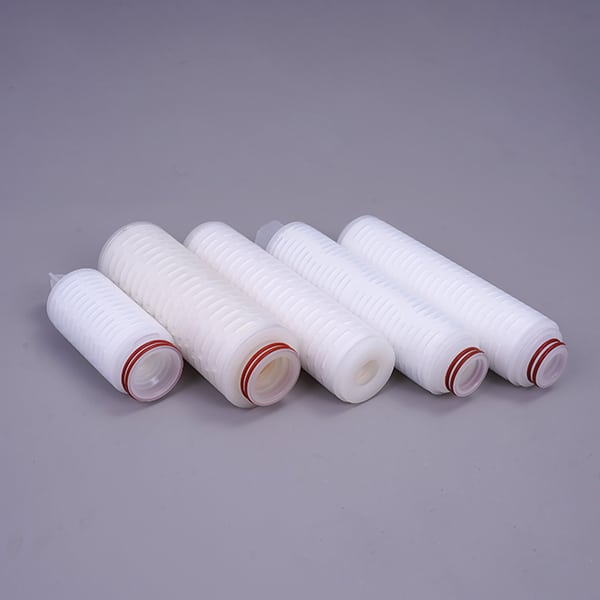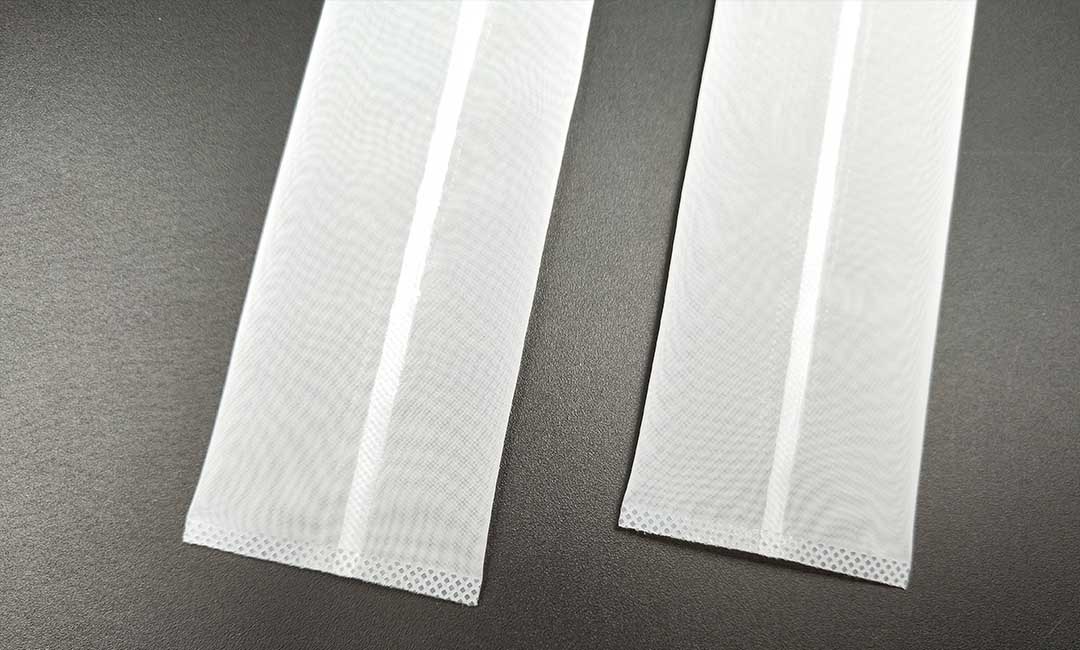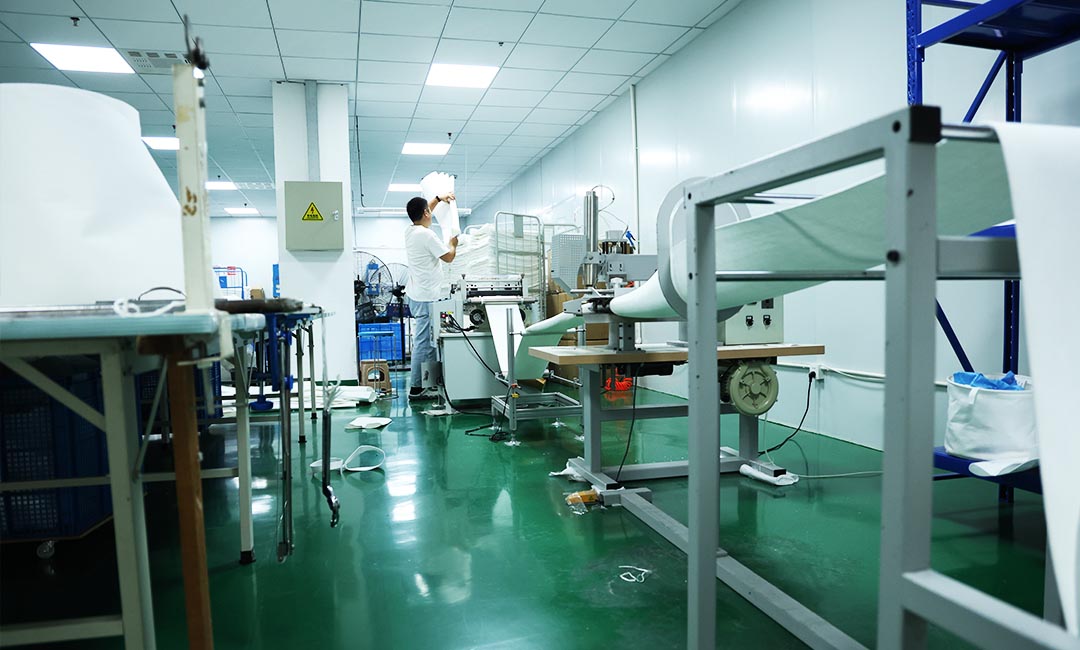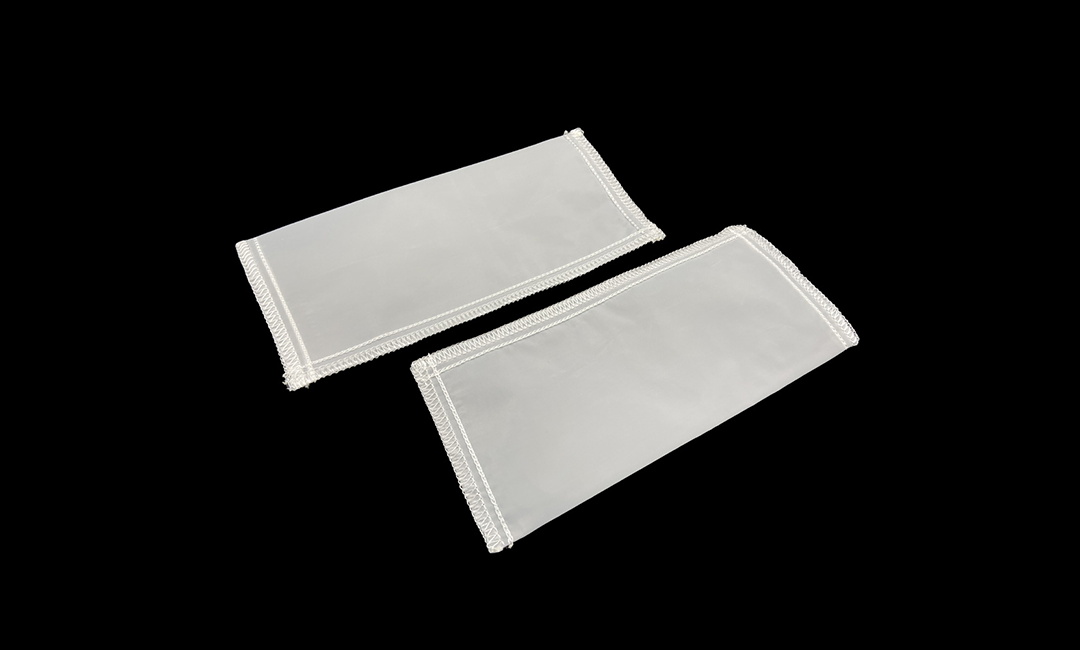
Should You Use a Filter Bag for Rosin Pressing?
Benefits of Using a Filter Bag for Rosin Pressing
Rosin pressing has become a popular method for extracting cannabis concentrates due to its simplicity and effectiveness. However, many people are still unsure whether they should use a filter bag when pressing rosin. In this article, we will explore the benefits of using a filter bag for rosin pressing to help you make an informed decision.

One of the main benefits of using a filter bag when pressing rosin is that it helps to contain the material being pressed. This is especially important when working with loose or finely ground material, as it can easily escape from the press and contaminate the final product. By using a filter bag, you can ensure that all of the material stays contained and is pressed evenly, resulting in a higher quality concentrate.
Another benefit of using a filter bag for rosin pressing is that it helps to improve the overall yield of the extraction process. The filter bag acts as a barrier between the material and the heat plates, allowing the rosin to flow freely while trapping any plant material or contaminants. This results in a cleaner and more potent concentrate, as the filter bag helps to separate the trichomes from the plant material more effectively.
In addition to improving the quality and yield of the rosin extraction process, using a filter bag can also help to prolong the life of your rosin press. The filter bag acts as a protective barrier between the material and the heat plates, preventing any plant material or contaminants from coming into direct contact with the press. This can help to prevent buildup and residue on the heat plates, which can reduce the efficiency and lifespan of the press over time.
Furthermore, using a filter bag for rosin pressing can also make the process more efficient and less messy. The filter bag helps to contain the material being pressed, making it easier to handle and clean up afterwards. This can save you time and effort in the long run, as you won’t have to worry about cleaning up loose material or dealing with spills and messes.
Overall, using a filter bag for rosin pressing offers a range of benefits that can help to improve the quality, yield, and efficiency of the extraction process. Whether you are a beginner or an experienced extractor, using a filter bag can help you to achieve better results and make the most of your rosin press. So, if you are considering whether or not to use a filter bag for rosin pressing, the answer is clear: it’s definitely worth it.
Different Types of Filter Bags Available
When it comes to rosin pressing, using a filter bag can make a significant difference in the quality of your final product. Filter bags are essential for trapping plant material and preventing it from contaminating your rosin. They also help to improve the yield and overall purity of the rosin. However, with so many different types of filter bags available on the market, it can be challenging to know which one is right for you.
One of the most popular types of filter bags for rosin pressing is the nylon filter bag. Nylon filter bags are durable and can withstand high temperatures, making them ideal for use with a rosin press. They come in various micron sizes, ranging from 25 to 160 microns, allowing you to choose the right size for your specific needs. Nylon filter bags are also reusable, making them a cost-effective option for those who press rosin regularly.
Another type of filter bag commonly used for rosin pressing is the polyester filter bag. Polyester filter bags are known for their high heat resistance and ability to withstand pressure, making them a reliable choice for rosin pressing. Like nylon filter bags, polyester filter bags come in various micron sizes, allowing you to customize your filtration process. However, polyester filter bags are not as durable as nylon filter bags and may need to be replaced more frequently.
For those looking for a more environmentally friendly option, hemp filter bags are an excellent choice. Hemp filter bags are biodegradable and sustainable, making them a popular option for those who are conscious of their environmental impact. Hemp filter bags are also durable and can withstand high temperatures, making them suitable for rosin pressing. However, hemp filter bags may not be as effective at filtering out plant material as nylon or polyester filter bags.

In addition to nylon, polyester, and hemp filter bags, there are also specialty filter bags available for rosin pressing. These specialty filter bags are designed for specific purposes, such as filtering out terpenes or preserving the flavor of the rosin. While these specialty filter bags may be more expensive than traditional filter bags, they can enhance the quality and flavor of your rosin.
When choosing a filter bag for rosin pressing, it is essential to consider the micron size, material, and durability of the bag. The micron size of the filter bag will determine how finely the rosin is filtered, with smaller micron sizes resulting in a more refined product. The material of the filter bag will affect its heat resistance and durability, with nylon and polyester being the most popular choices. Finally, the durability of the filter bag will determine how long it will last and how often it will need to be replaced.
In conclusion, using a filter bag for rosin pressing is essential for producing high-quality rosin. There are many different types of filter bags available, each with its own advantages and disadvantages. Whether you choose a nylon, polyester, hemp, or specialty filter bag, it is essential to consider the micron size, material, and durability of the bag to ensure the best results. By selecting the right filter bag for your rosin pressing needs, you can improve the quality and purity of your final product.
Tips for Choosing the Right Filter Bag for Your Rosin Press
Rosin pressing has become increasingly popular among cannabis enthusiasts and home growers as a safe and effective way to extract essential oils from plant material. One of the key components of a successful rosin pressing operation is the use of a filter bag. Filter bags are essential for containing the plant material during the pressing process and ensuring that only the purest and highest quality rosin is extracted.

When it comes to choosing the right filter bag for your rosin press, there are a few key factors to consider. The first consideration is the material of the filter bag. Most filter bags are made from nylon or polyester, both of which are durable and heat-resistant materials that can withstand the high temperatures and pressures of the rosin pressing process. Nylon filter bags are generally preferred for their strength and durability, while polyester filter bags are known for their ability to retain more terpenes and flavors during the extraction process.
Another important factor to consider when choosing a filter bag for your rosin press is the micron size. The micron size of a filter bag refers to the size of the openings in the fabric, which determines the size of the particles that are allowed to pass through. The most common micron sizes for rosin pressing are 25, 37, and 90 microns. A lower micron size will result in a finer and more pure extraction, while a higher micron size will allow more plant material to pass through, resulting in a lower quality extraction.
It is also important to consider the size and shape of the filter bag when choosing the right one for your rosin press. Filter bags come in a variety of sizes and shapes, including square, rectangular, and cylindrical. The size and shape of the filter bag you choose will depend on the size and shape of your rosin press and the amount of plant material you plan to extract. It is important to choose a filter bag that fits snugly inside your press to ensure a tight seal and prevent any plant material from escaping during the pressing process.
In addition to material, micron size, and size and shape, it is also important to consider the brand and reputation of the filter bag manufacturer. There are many different brands of filter bags on the market, each with their own unique features and benefits. It is important to do your research and read reviews from other rosin press users to determine which brand and type of filter bag is best suited for your needs.
In conclusion, using a filter bag for rosin pressing is essential for achieving high-quality extractions. When choosing a filter bag for your rosin press, it is important to consider the material, micron size, size and shape, and brand of the filter bag. By taking these factors into consideration, you can ensure that you are using the right filter bag for your rosin press and achieving the best possible results.
Common Mistakes to Avoid When Using a Filter Bag for Rosin Pressing
Rosin pressing has become a popular method for extracting cannabis concentrates due to its simplicity and effectiveness. One common accessory used in rosin pressing is a filter bag, which helps to contain the material being pressed and prevent plant material from contaminating the final product. While filter bags can be a useful tool in the rosin pressing process, there are some common mistakes that users should avoid to ensure the best results.
One of the most common mistakes when using a filter bag for rosin pressing is choosing the wrong size. Filter bags come in a variety of sizes, typically ranging from 1.5 inches to 3 inches in diameter. It is important to choose a filter bag that is the right size for the amount of material being pressed. Using a filter bag that is too small can result in blowouts, where the bag bursts open during pressing, leading to contamination of the final product. On the other hand, using a filter bag that is too large can result in poor yields, as the material may not be pressed evenly.
Another common mistake when using a filter bag for rosin pressing is using a bag with the wrong micron size. Micron size refers to the size of the holes in the filter bag, which determines the level of filtration. Filter bags are available in a range of micron sizes, typically ranging from 25 to 220 microns. A lower micron size will result in a finer filtration, while a higher micron size will allow more plant material to pass through. It is important to choose the right micron size for the material being pressed to achieve the desired level of purity in the final product.
In addition to choosing the right size and micron size, it is important to properly pack the filter bag before pressing. Overpacking the filter bag can result in blowouts, as the material may not have enough room to expand during pressing. Underpacking the filter bag can result in poor yields, as the material may not be pressed evenly. It is important to fill the filter bag with the right amount of material and distribute it evenly to ensure a successful press.
Another common mistake when using a filter bag for rosin pressing is applying too much pressure during pressing. While it may be tempting to crank up the pressure to extract more rosin, excessive pressure can lead to blowouts and contamination of the final product. It is important to apply the right amount of pressure for the material being pressed to achieve the best results. Experimenting with different pressure levels and observing the results can help users determine the optimal pressure for their specific material.
In conclusion, filter bags can be a useful tool in the rosin pressing process, but it is important to avoid common mistakes to achieve the best results. Choosing the right size and micron size, properly packing the filter bag, and applying the right amount of pressure are key factors to consider when using a filter bag for rosin pressing. By following these guidelines, users can ensure a successful press and produce high-quality rosin concentrates.

